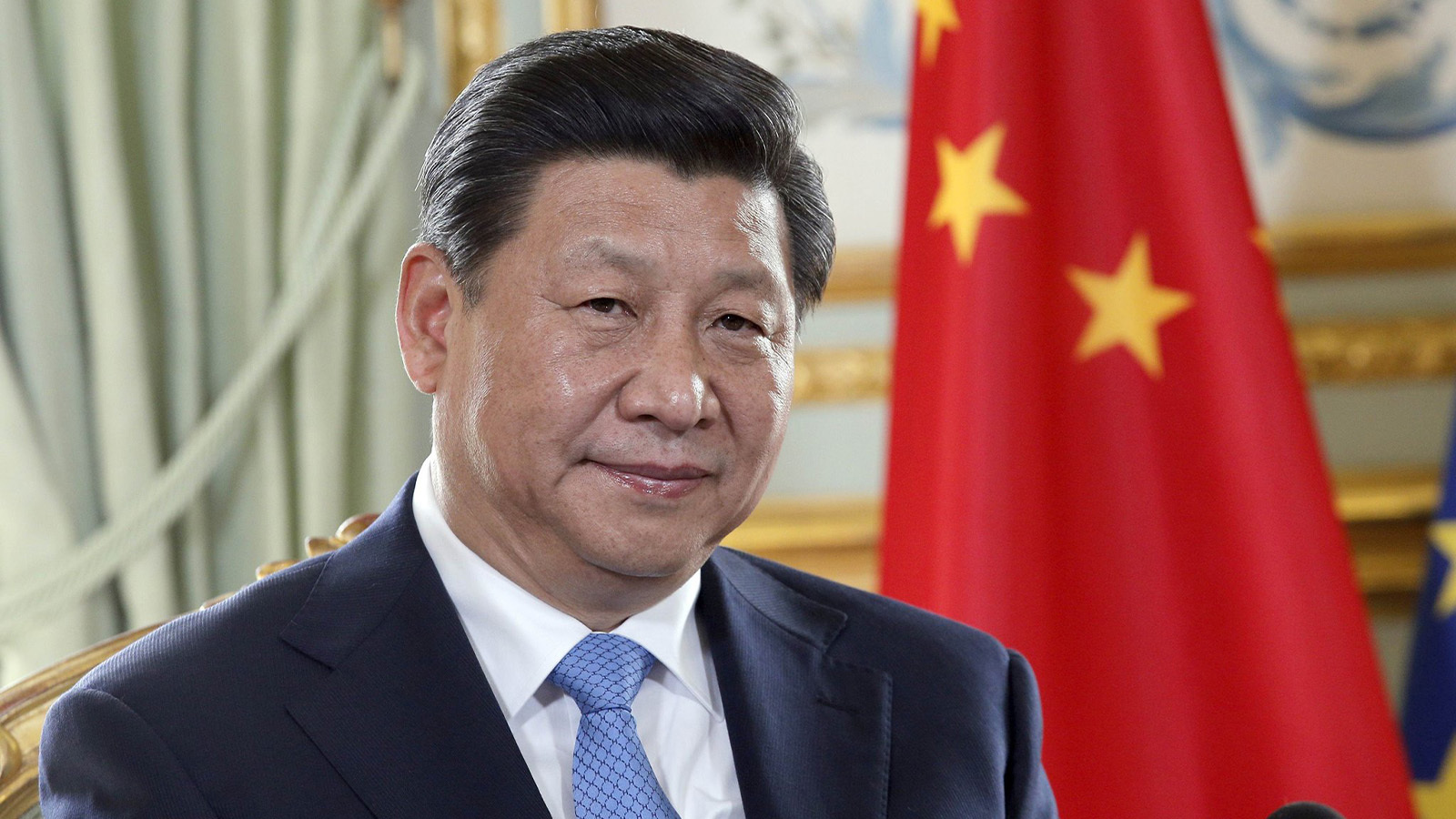Dr. Ashley Esarey of the University of Alberta discussed the findings of his recent Xi Jinping-related paper, "The Xi Jinping Effect” with podcast Pekingology host Jude Blanchette.
“In my article, I'm looking at the utilization of propaganda to bolster Xi's position as paramount leader. And in doing so, what I see is that the Xi Jinping effect has a big impact, and I attribute this to Xi and his supporters,” Esarey said.
The paper discusses with Blanchette, who also serves as freeman chair in China studies at the nonprofit policy research organization, Center for Strategic and International Studies, which focuses on the ways the general secretary of the Chinese Communist Party and paramount leader of China uses the media as propaganda.
To garner the findings, Esarey analyzed Jinping's appearances in news outlets compared to other current and former politicians and other Chinese figures to get a better understanding of his approach.
Esarey said one of Jinping’s most powerful tools is the People’s daily, known as the “mouthpiece” of the Chinese Communist Party’s central committee.
The newspaper, initially established in 1948, covers political news, speeches and reports, as well as communist philosophy and Marxist economics, and has been available online with translations in English, French, Russian and Arabic since 1997, Britannica reports.
“I hope that my examination and People's Daily content would permit me to make some inferences about changes in Chinese political leadership over time,” Esarey said.
According to the expert, the official was mentioned 1,366 times in 2018 in articles highlighting his anti-corruption, anti-poverty and Taiwan acquisition efforts, surpassing the media appearances of every other leader.
“I think initially, in the years of his rise, the inclination to do this through propaganda emerged from insecurity,” Esarey said. “He was seeing a country in crisis. He was trying to make major changes with the anti-corruption campaign to silence critics and to get the party's attention and to launch rectification of the party to use the party to save China.”
He also increased his influence in the military, appointed supporters to various significant positions in an effort to be “more viable and strengthen his authority,” Esarey said in the podcast. As a result of these initiatives, his supporters further echo his efforts to “make him the face of political authority in a way that’s unprecedented,” influencing all aspects of Chinese life, economically, socially, politically and within local governments.
Serving as the university’s associate professor of political science and director of the interdisciplinary program in Taiwan Studies, Esarey developed an interest in East Asian politics during his undergraduate studies and went on to study Chinese and work as a journalist in Taiwan.
"His doctoral research on the political effects of Chinese media commercialization drew on two years of fieldwork in Shanghai, Beijing, Guangzhou and Changsha, including one year as a Fulbright-Hays Fellow," the university’s website states.
His interest in comparing Jinping’s influence on the media versus former Chinese leaders stemmed from a BANFF conference he attended a few years ago.
The influence communist officials have had on the country’s culture was made evident in 2017, when they visited the Yugan county of Jiangxi province, where around 10% of residents were Christians. The officials instructed Christians to remove crosses, pictures of Jesus and other religious symbols from their homes, and replace them with posters of Xi Jinping, Christianity Today reported.
Some residents said they were told that if they didn't remove Christian symbols from their homes, they would no longer be eligible for government assistance.
"The poster swaps in villagers’ homes represent the party’s desire to have residents look to their leaders, rather than their Savior, for assistance," Christianity Today reports.
“I see him continuing to try to use media power to achieve his objectives,” Esarey said. “And I see it contributing to his authority going forward. And if you read the media as a transcript, you don't see too much opposition to his authority. What I'm less certain of is how the creation of this cult of personality is being read by people in China.”

